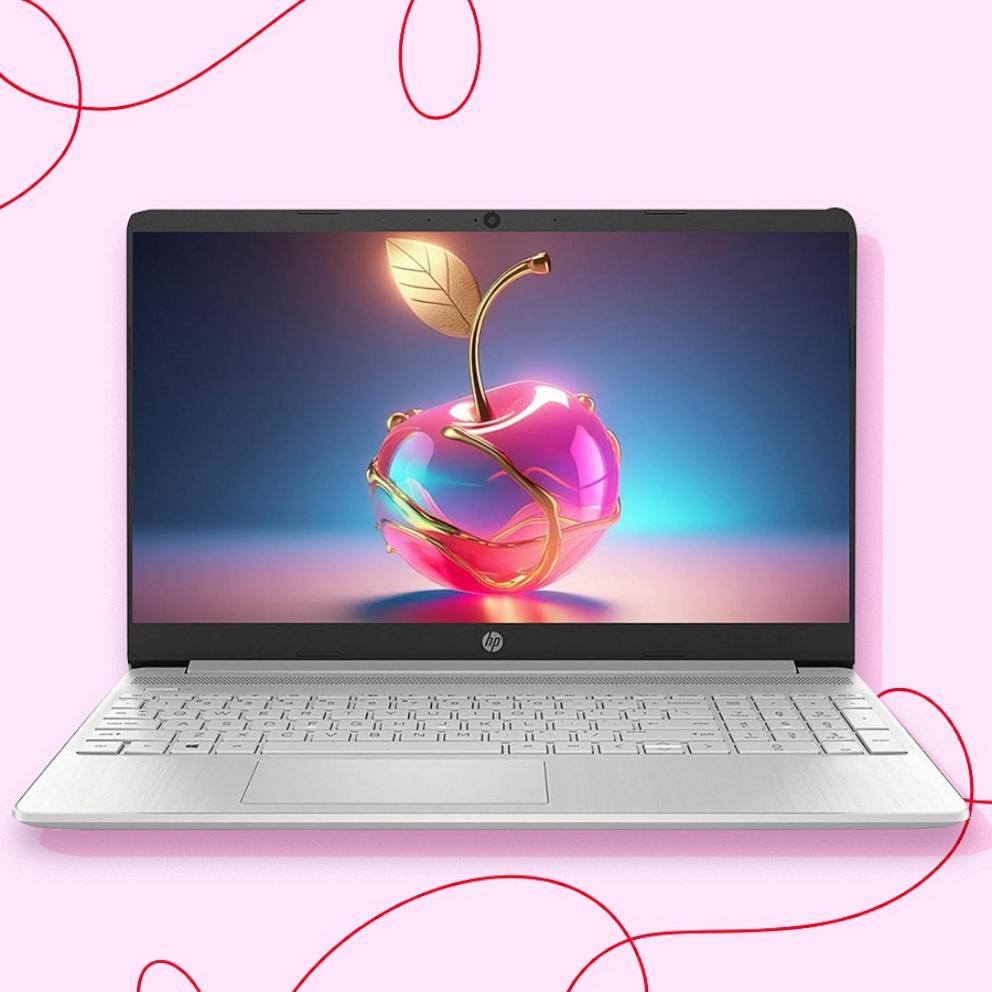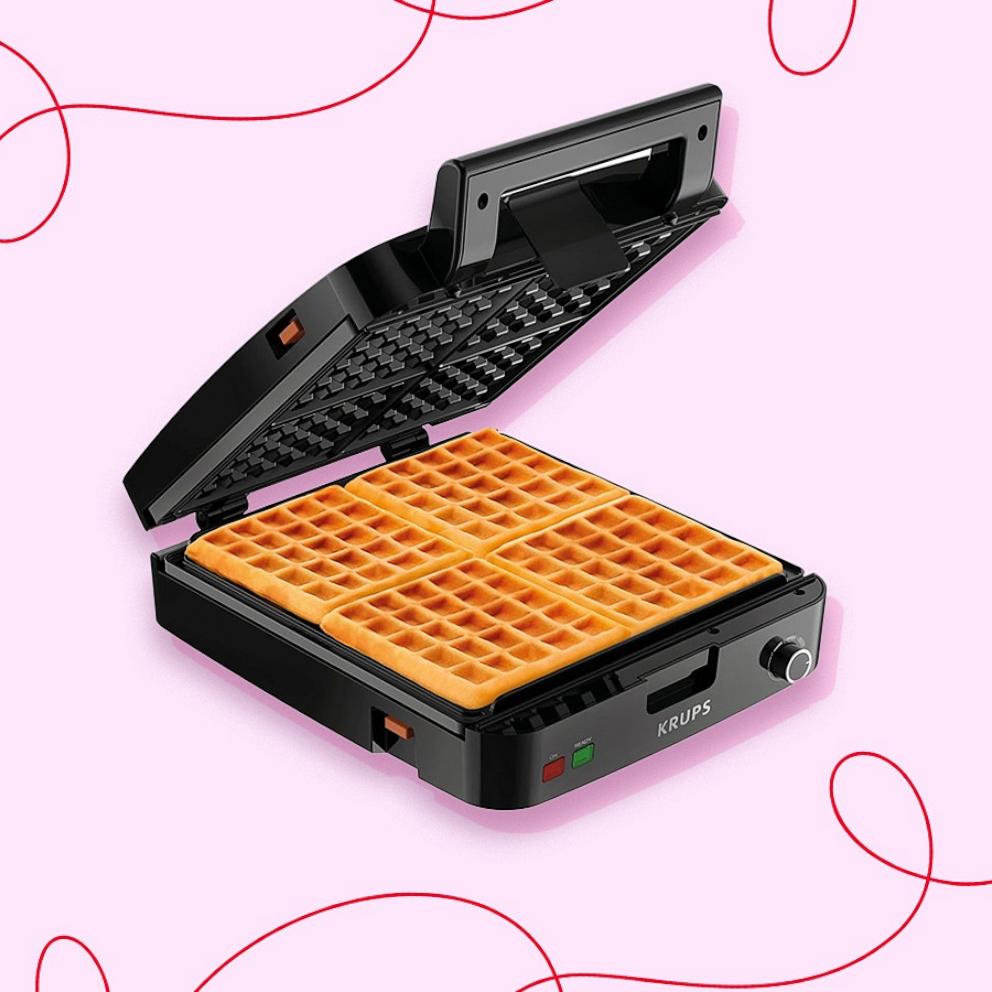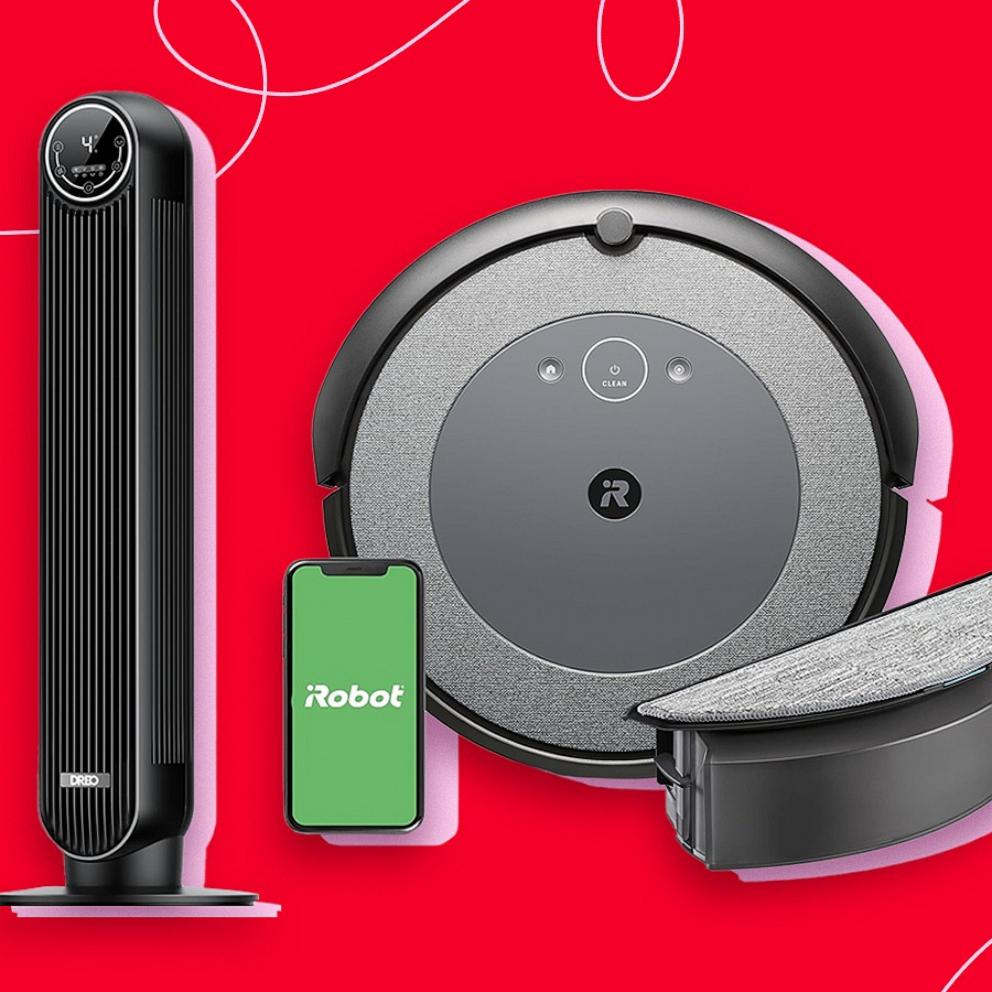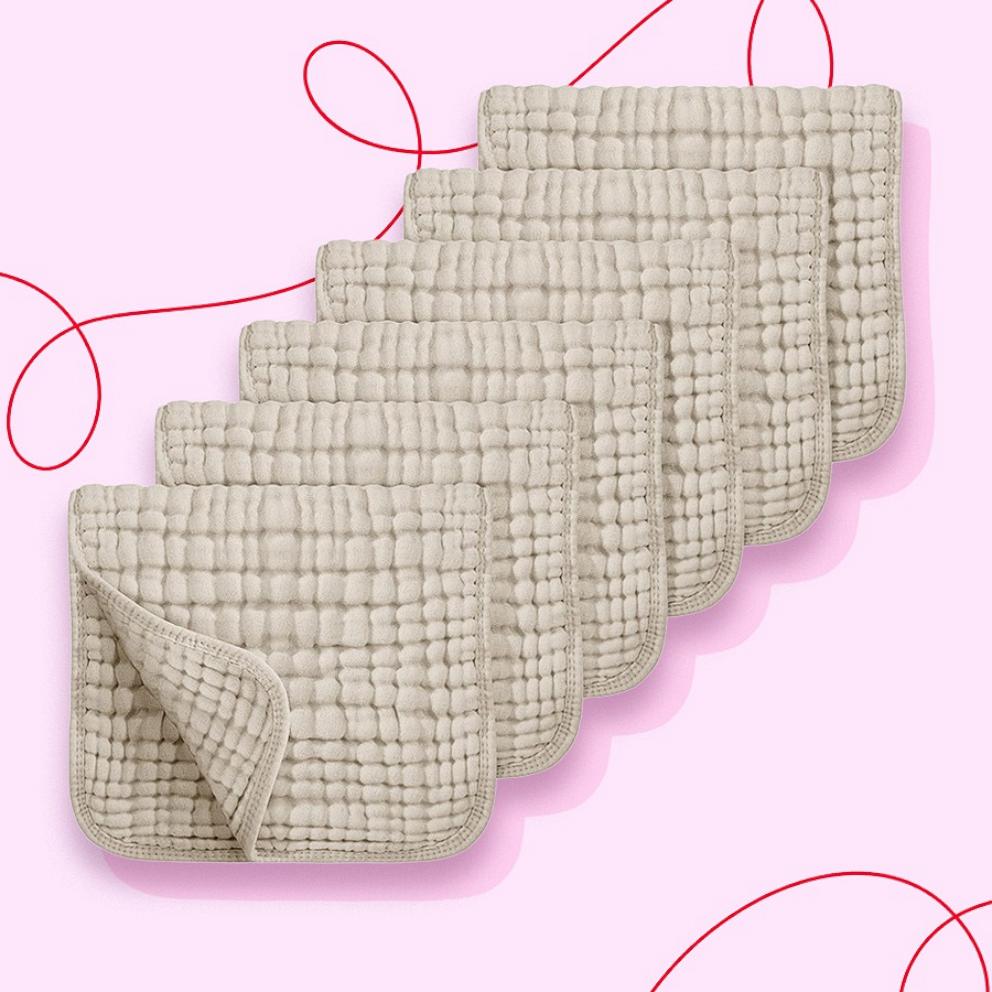Eclipse glasses: How to keep your eyes safe for April's solar event
Eclipse glasses are a sought-after item at the moment thanks to the next total eclipse happening on April 8 -- an event that won't be viewable in the contiguous United States again until 2044. But are they truly capable of protecting your eyes?
Looking directly at the sun (or even a bright laser) for an extended period of time can cause direct damage to the retina, essentially burning the image and light sensitive photoreceptors in your eye, according to the American Society of Retina Specialists. While most cases occur during solar eclipses when many people are looking directly at the sun, damage can be seen several hours afterwards and may be permanent. If you experience any eye strain, pain, or changes to your vision during or after viewing the eclipse, seek immediate medical advice from an eye physician like an ophthalmologist or retina specialist.
Luckily, there are plenty of solar-safe glasses and other viewers that can help you catch this ultra-rare event. The American Astronomical Society -- a NASA partner -- has compiled a list of vendors you can trust to find safe products that will protect your eyes.
How to tell if eclipse glasses are legit
The AAS only suggests sellers who they are confident comply with the safety standards set by the ISO 12312-2 international standard, or ISO. This organization is "a nongovernmental organization composed of members from the national standards bodies of 167 countries" based in Geneva, Switzerland, and uses various technical committees to coordinate the findings and opinions of more than 45,000 experts in the field from around the world.
Effective eclipse glasses will clearly feature approval labeling from the AAS / ISO, and our recommendations below were carefully selected from their vendor list or otherwise vetted to come from an ISO-compliant manufacturer. But buyer beware: There are a lot of counterfeit glasses on the market and while we have traced the suppliers we recommend below, it's still a good idea to perform the recommended tests to make sure they're at least not unsafe.
The first test is to try the glasses on indoors and look around. According to the AAS, "you shouldn't be able to see anything through a safe solar filter except the sun itself or something comparably bright," which includes the sun reflected in a mirror, the hot filament of an incandescent light bulb, a bright white LED light bulb, your smart phone flashlight or a bare, compact fluorescent bulb. And even then, these light sources should look dim through your solar viewers.
If and when they pass that test, you can take them outside and look around -- not directly at the sun yet -- to check they pass the same test outdoors. Again, you shouldn't see anything but very bright lights either reflected or from a light source such as your phone.
If and only if they pass both tests, you can try glancing at the sun for less than a second through the glasses -- never do this without them. You should be able to see "a sharp-edged, round disk that’s comfortably bright," aka the face of the sun which may have a blue, blueish white, orange or yellow tint depending on which manufacturer created the glasses.
Where to find the best eclipse glasses
The best place to find eclipse glasses is either an approved vendor on this page (we've narrowed down some favorites below), or you call your local library, astronomy club or a nearby university astronomy or physics department to see if they have any ISO-approved pairs they're handing out.
Warby Parker is also offering free glasses in person only while supplies last.
Are glasses from the 2017 total solar eclipse still good?
Eclipse glasses from 2017 are unlikely to still be in the pristine condition you want them to be when viewing the eclipse. If they've been scratched, bent or marred in some other way, they expose you to an increased risk for eye injury or damage. With approved eclipse glasses so readily available at low or even no cost in some circumstances, be safe and opt for a new pair.
Other eclipse glasses concerns
The AAS is clear on their advice, and that includes not buying eclipse glasses from online marketplaces that might sell third-party glasses that don't meet their guidelines. Our suggestions below come from trusted vendors only, but you can also check with your local library, science museums, planetariums, and even amateur astronomy clubs near you to find low- or no-cost eclipse glasses for your family.
You should also never view an eclipse through your phone or other optic lenses, as they don't provide enough of a filter to prevent damage to your eyes, not to mention it can damage your equipment. The viewer below from B&H is perfect for using with a telescope, plus it comes with two free pairs of eclipse glasses!
If you want to prepare in advance, keep scrolling to shop our picks below for eclipse glasses and viewers, then order today to make sure you're ready for the total eclipse coming next month.
Get more shopGMA! Sign up for our newsletter, and follow on Instagram and TikTok.
By clicking on these shopping links, visitors will leave Goodmorningamerica.com. These e-commerce sites are operated under different terms and privacy policies than Goodmorningamerica.com. ABC will receive a commission for purchases made through these links. Prices may change from the date of publication.

Visit the LUNT SOLAR SYSTEMS Store LUNT SOLAR 5 Pack Premium Eclipse Glasses, AAS Approved 2024 Solar Glasses, CE and ISO Certified, HD Film, Crisp Solar Image
- $19.95
- Amazon

Solar Eclipse Glasses 10 pack - 2024 CE and ISO Certified Multicolor Safe Shades for Direct Sun Viewing
- $21.99
- Walmart
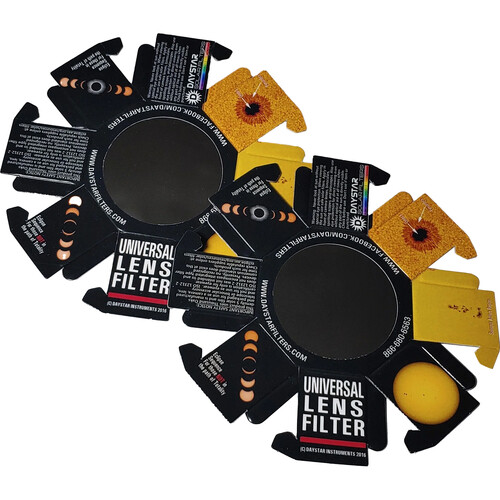
DayStar Filters 70mm White-Light Universal Lens Solar Filter (2-Pack, 65-89mm OD)
- $31.95
- B&H Photo
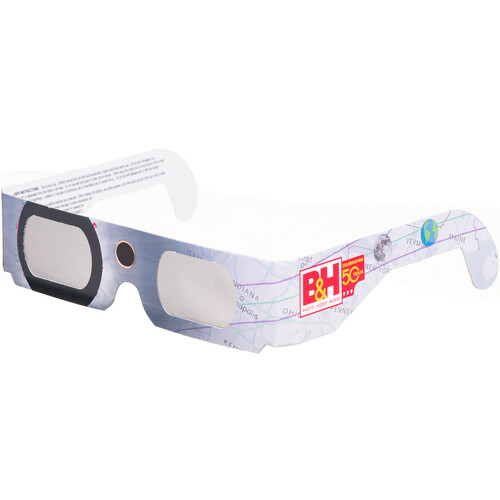
DayStar Filters Solar Eclipse Glasses (Map Print, Special 50th Anniversary Edition, 2-Pack)
- $5.99
- B&H Photo
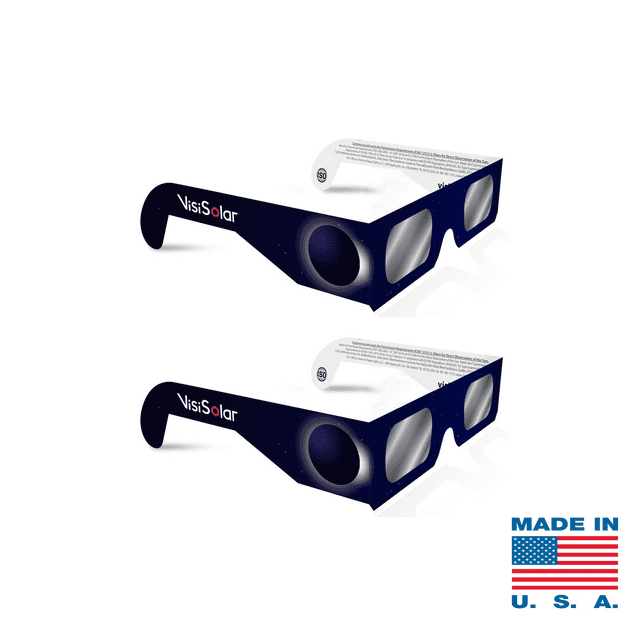
VisiSolar Solar Eclipse Glasses Made in USA (Pack of 2) CE ISO Certified NASA Approved Glasses
- $10.25
- Walmart




